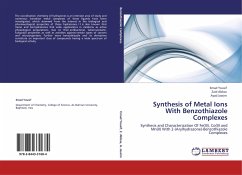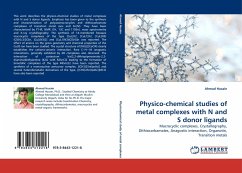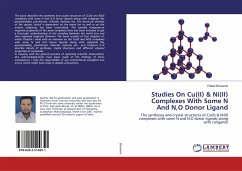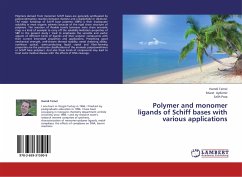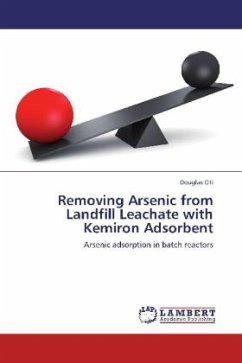
Removing Arsenic from Landfill Leachate with Kemiron Adsorbent
Arsenic adsorption in batch reactors
Versandkostenfrei!
Versandfertig in 6-10 Tagen
39,99 €
inkl. MwSt.

PAYBACK Punkte
20 °P sammeln!
Landfill leachate with arsenic (As) contamination poses a threat to Florida aquifer because of the nature of the geology of the State. Florida sits directly on limestone which also hosts the main Florida aquifers. But the underlying rock and/or soil dissolve(s) away when the environmental pH becomes acidic. This results in sinkhole formations and is of a great concern especially, in areas of landfill locations. There is a potential of leakage of the leachate from the landfill into the aquifers threatening the quality and safety of the groundwater. In the United States, Class I landfills are cl...
Landfill leachate with arsenic (As) contamination poses a threat to Florida aquifer because of the nature of the geology of the State. Florida sits directly on limestone which also hosts the main Florida aquifers. But the underlying rock and/or soil dissolve(s) away when the environmental pH becomes acidic. This results in sinkhole formations and is of a great concern especially, in areas of landfill locations. There is a potential of leakage of the leachate from the landfill into the aquifers threatening the quality and safety of the groundwater. In the United States, Class I landfills are classified as non-hazardous and contain materials such as woods and other construction materials. However, the leachate from the Class I landfills sometimes contain Arsenic of significant concentrations. At North Polk County in Florida, leachate from Class I landfill, was treated onsite by coagulation, precipitation and filtration. Occasionally when Arsenic was detected, the leachate was shipped and treated at nearby Waste Water Treatment which was expensive. This work evaluates a possibility of adopting adsorption process in fixed bed which is comparatively less expensive and sustainable



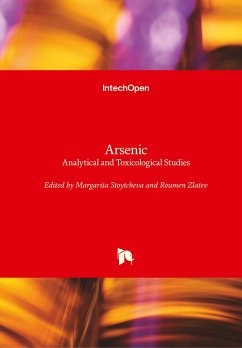
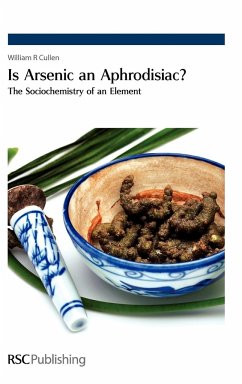
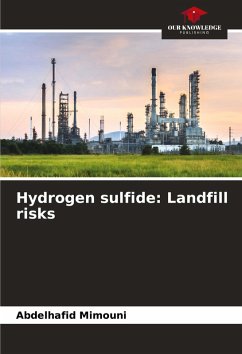

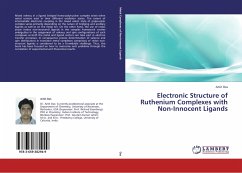
![Complexes of [O] and [N] Mix Donor Ligands with Transition Metals Cover Complexes of [O] and [N] Mix Donor Ligands with Transition Metals](https://bilder.buecher.de/produkte/43/43006/43006495n.jpg)
